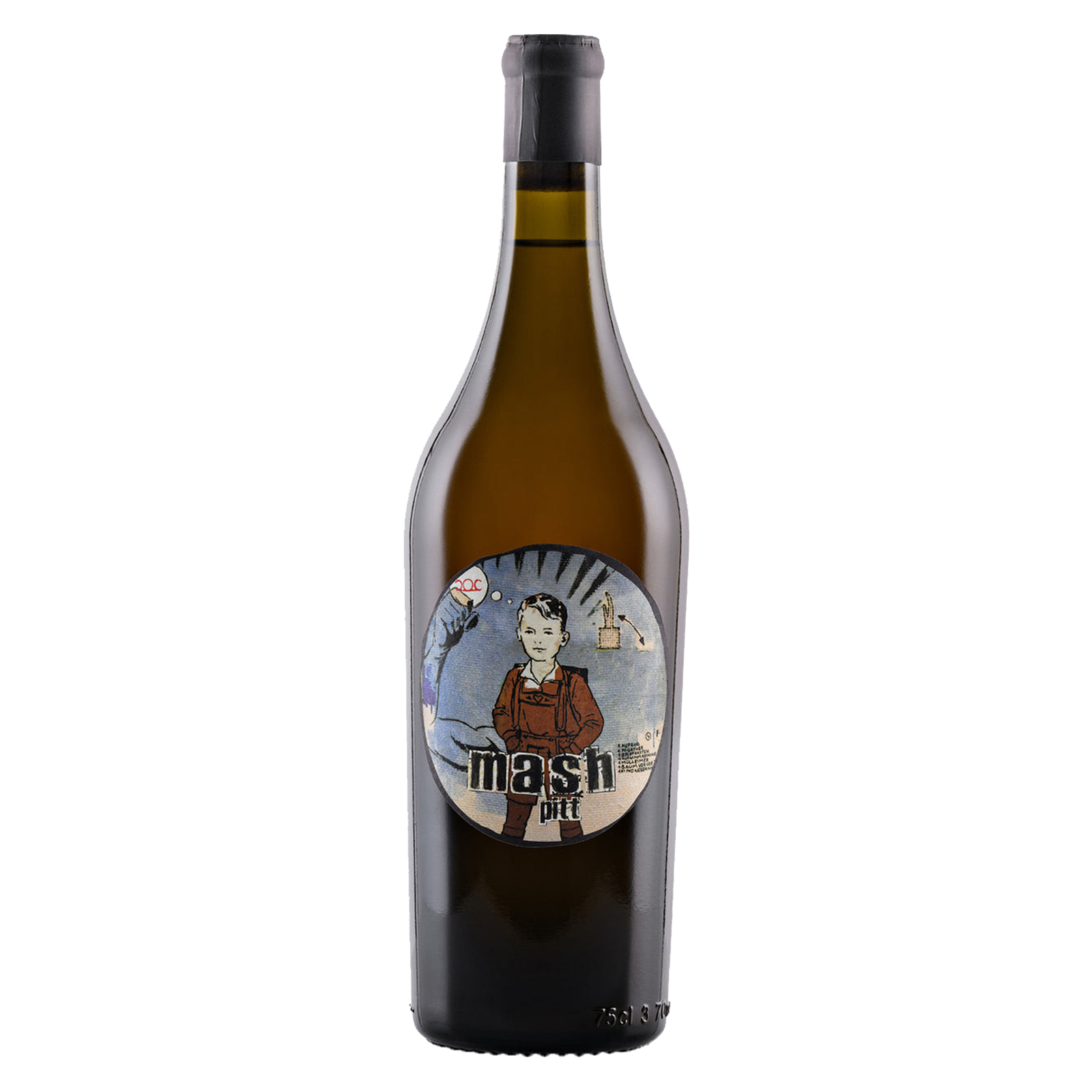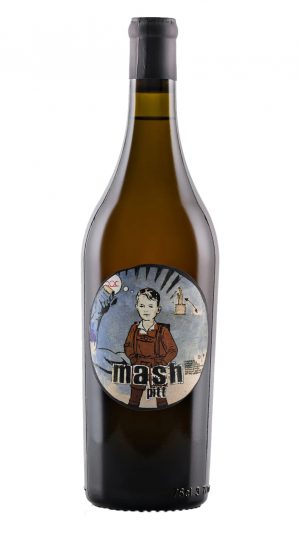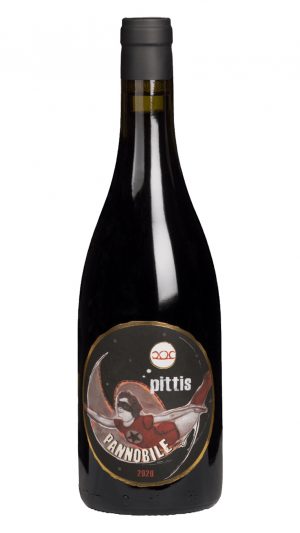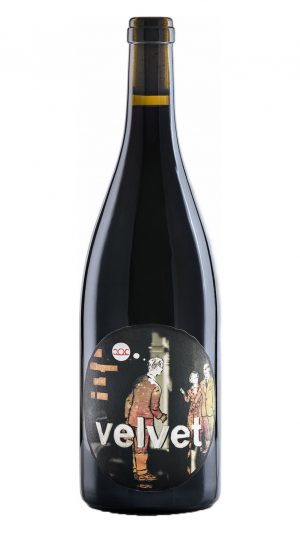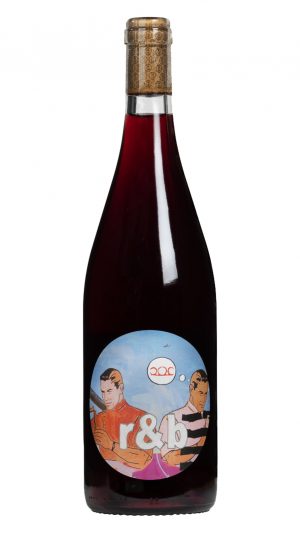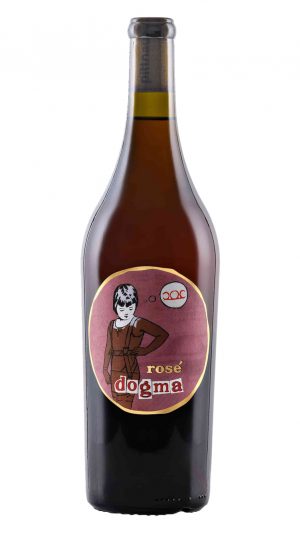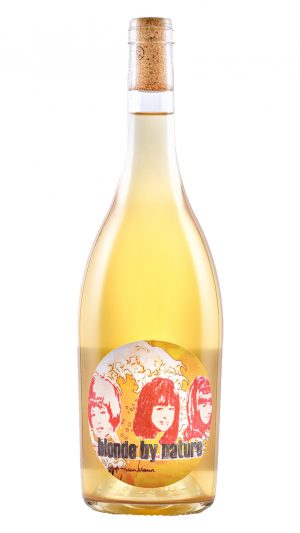Pittnauer Mash Pitt 2020
Type: Orange Wine
Country: Austria
Region: Burgenland
Grape Variety: Gruner Veltliner, Chardonnay, Sauvignon Blanc
Viticulture: Natural Wine | Biodynamic | Certified Organic
Climate: Hot, continental Pannonian climate
Terroir: Vines planted in clay-rich soils from two vineyards: Lichtenberg-Rosalia & Altenberg-Gols
Winemaking: Fermented on the skins for 20 days on average, some whole-bunches and some de-stemmed. Final fermentation in fudres and used barriques. No racking, aged on the lees for eight months. Blended immediately before bottling, not filtered and no additions of S02
Color: Naturally cloudy, light yellow-orange
Nose: Very friendly aroma of wine is filled with hints of yeast and zest, peach dessert “Melba”, flower honey, and light notes of oriental spices. After aeration, nuances of ripe quince and pineapple appear
Palate: The taste of the wine is light, with a soft but rich texture, clean tones of brioche buns, hints of apple compote and orange peel, light nuances of herbs, hay, smoke and salty minerals
About the Winery:
There is a simple and honest feeling in the wine and spirit of Gerhard Pittnauer which hails from his generosity and humility. Given the reins of his vineyard in the mid-1980s after the unexpected death of his father, Gerhard, then 18 years old, had to train himself to make wine in the midst of scandal and chaos in the Austrian wine market. He chose to become a student of the broader wine world, and, in realizing the exceptionality of the land he farmed and of the indigenous grapes of the region, allowed himself to experiment with some missteps until he found his thesis. He set forth to ‘grow’ wine rather than to ‘make’ it in the cellar, from the autochtone varietals.
He did so without any viticultural doctrine until he found that there was a consistent, common thread in the wines he loved to drink from France and elsewhere. If he thought, these wines were amazing because of biodynamics, then he must do the same to achieve the pinnacle in his own wine. So he tends 15 hectares, half of which he owns and half of which he rents, alongside his wife Brigitte to create what they call living wines. All work is done manually from composting to pruning. There is no calendar that drives them. Nothing is rushed: they believe in quality over speed. They taste for perfect ripeness, select the cleanest grapes, and begin the wine in the cellar in response to the conditions of the vintage.
They do incorporate a bit of modern technology: a pneumatic press, temperature-controlled steel tanks and pumps, all to ensure the purity and freshness of the fruit remains. They are making wines that excite them with the unique voice of the varietal and the deep limestone soils of the terroir speaking clearly. Gerhard and Brigitte are aware of the evolution of their tastes as well as the vineyards. They are students presenting the current findings. Not with proud declaration, but with excited experimental energy to get the best of what they have. So far, it is delicious research.

